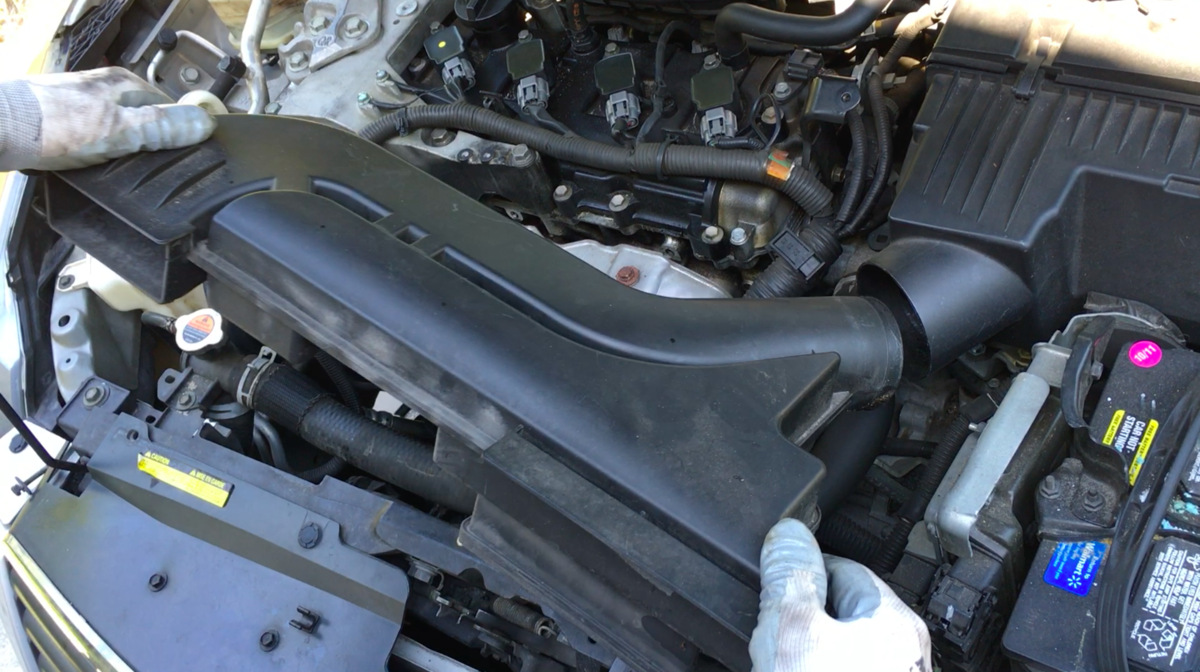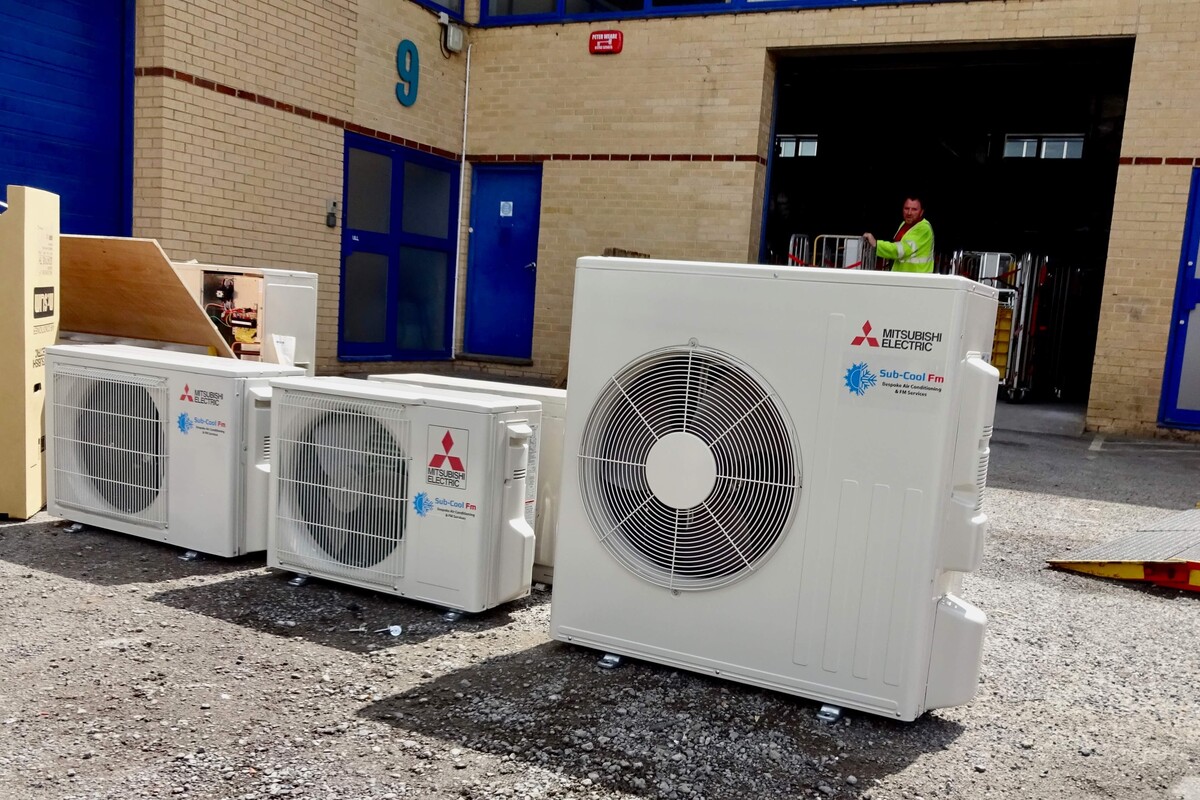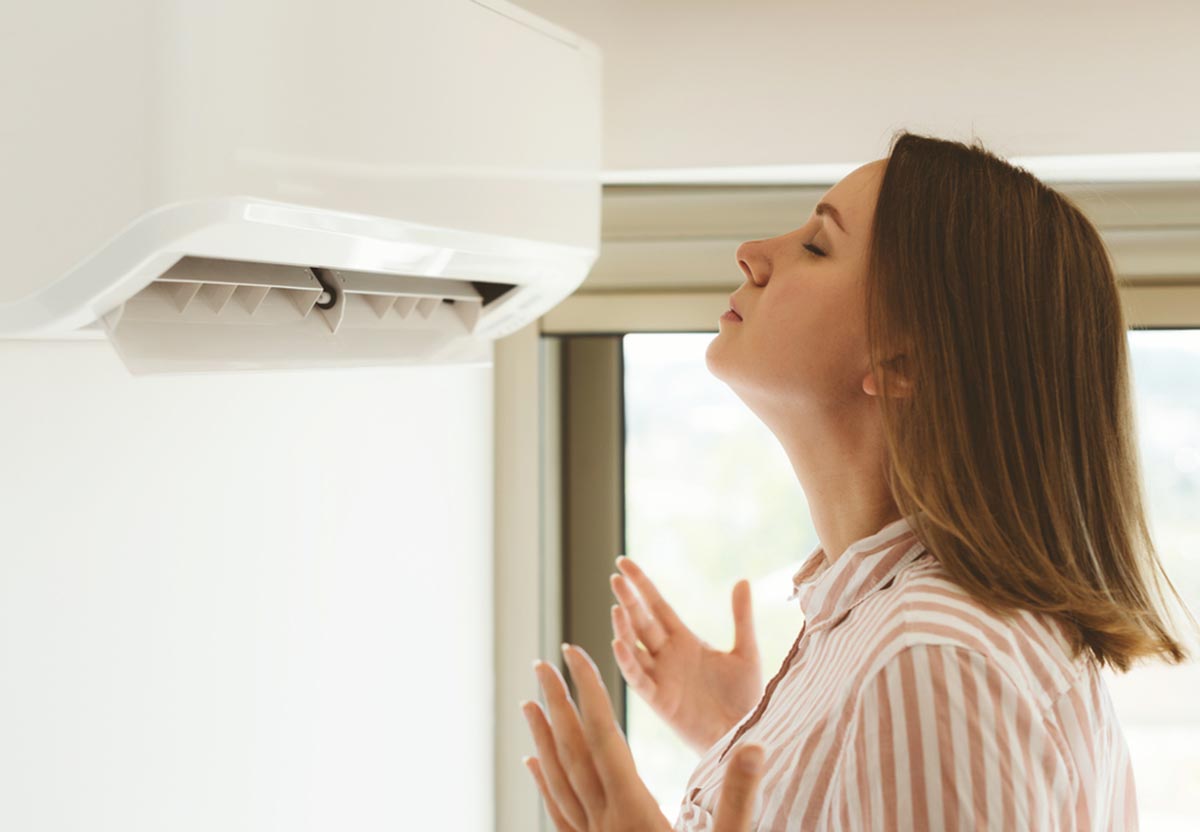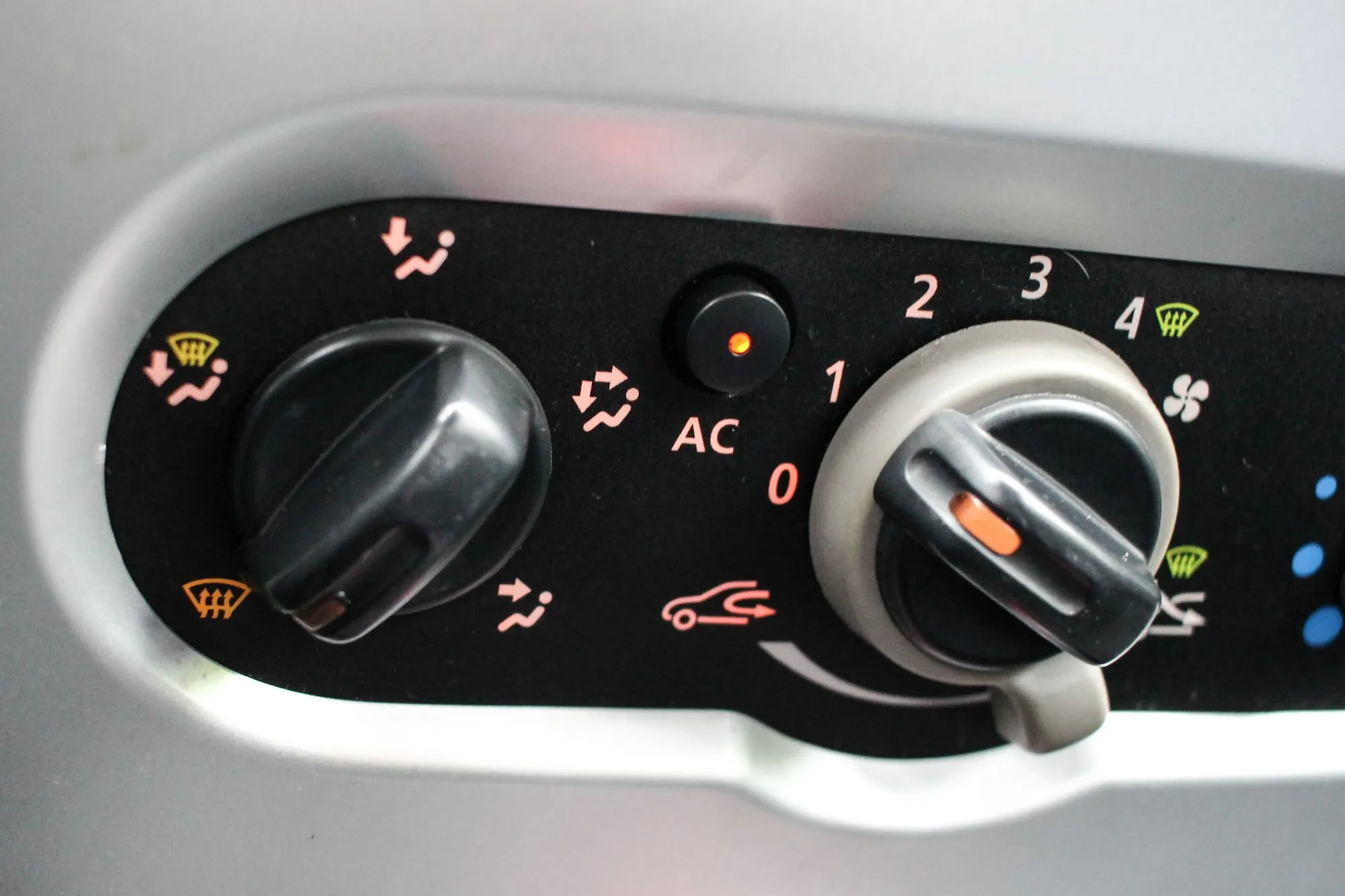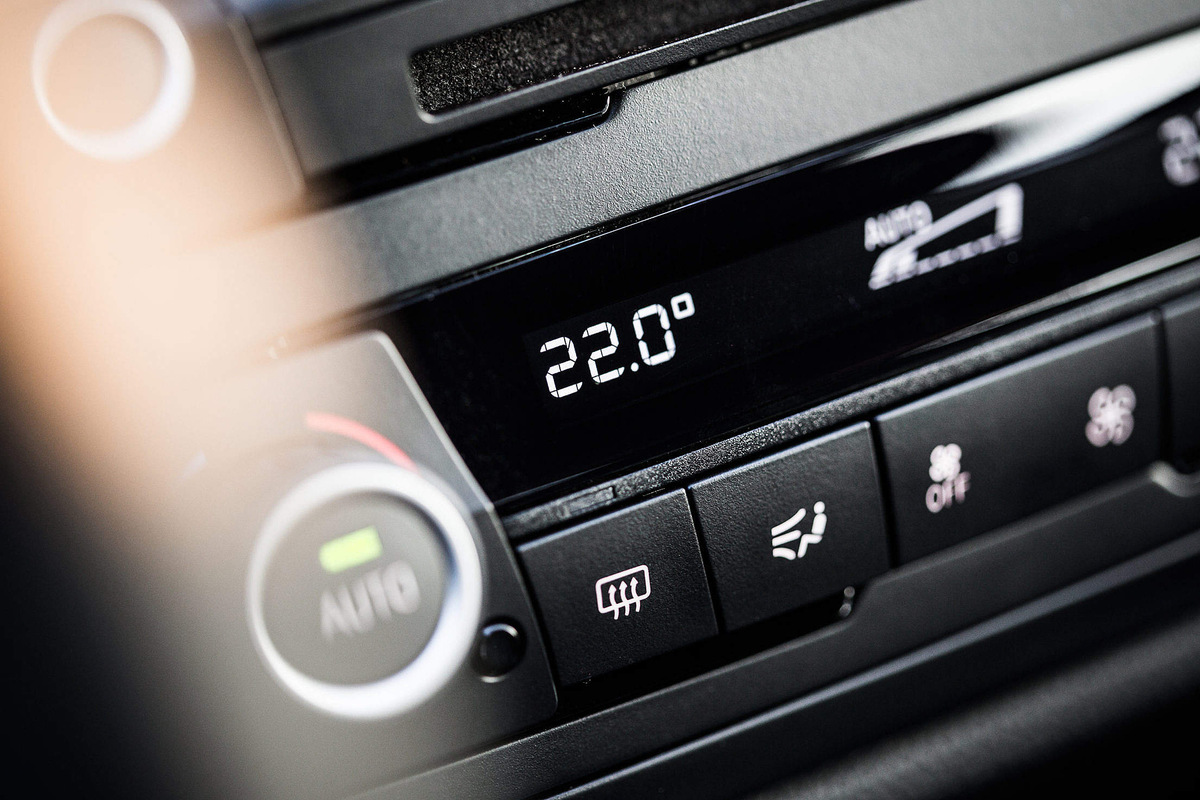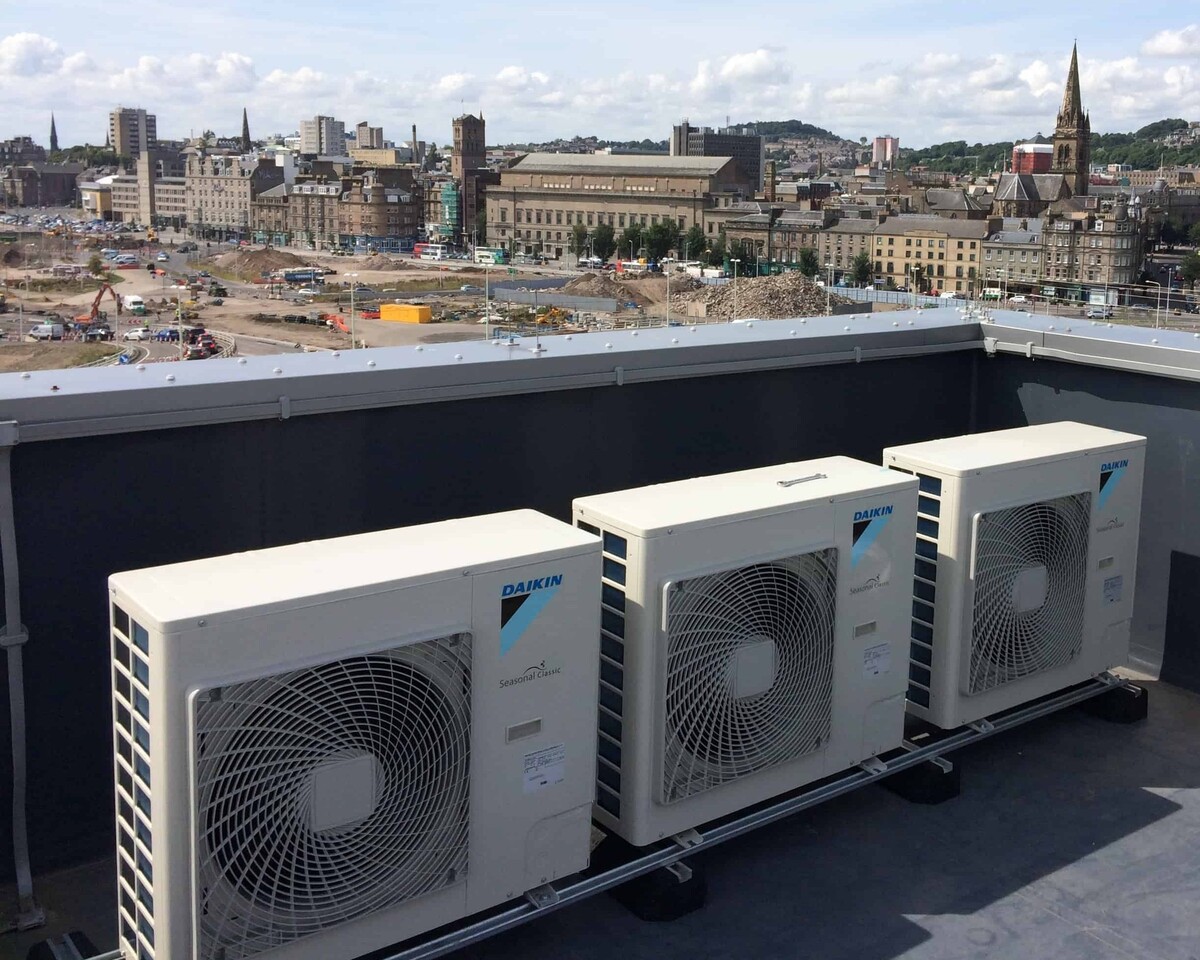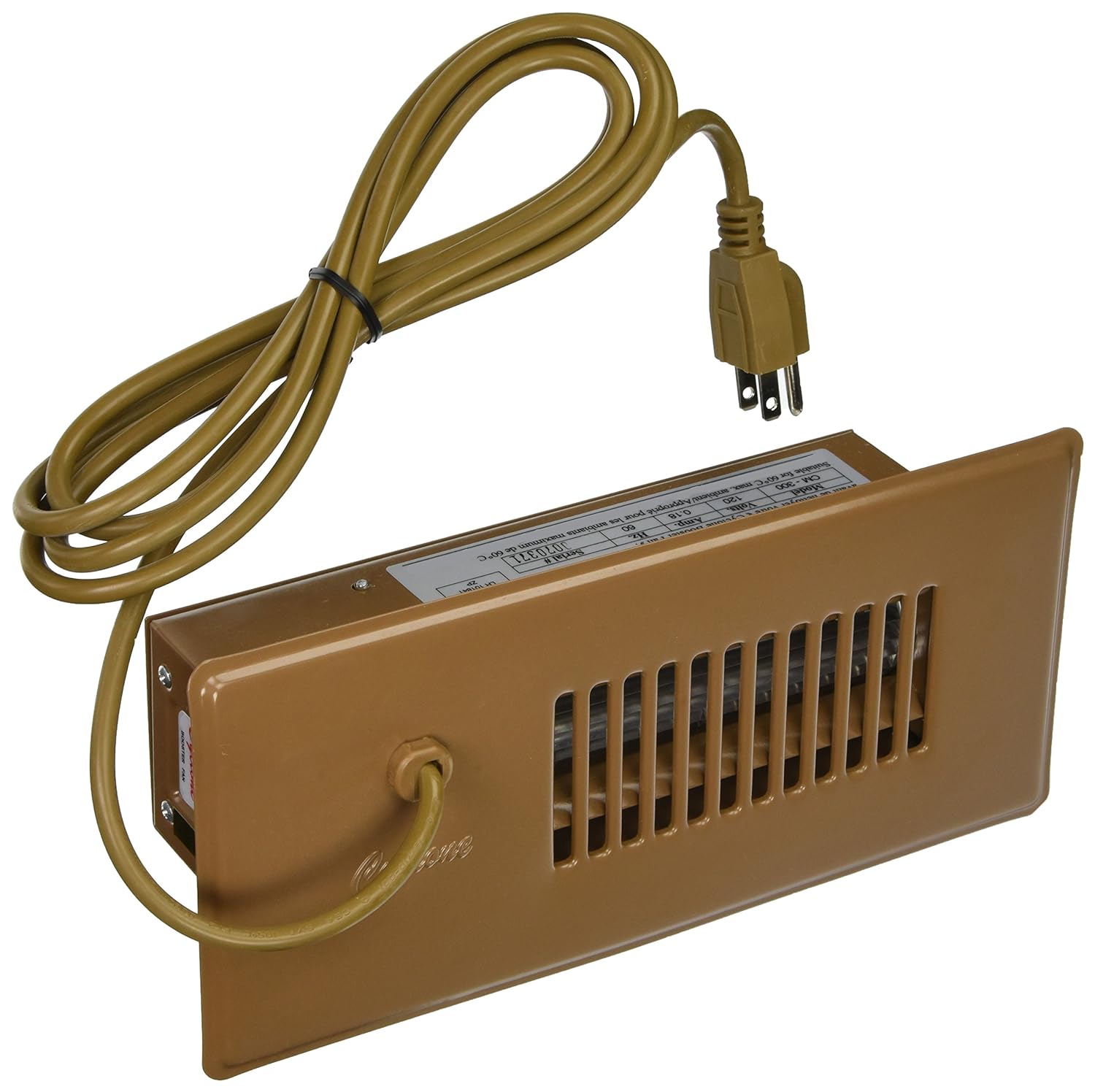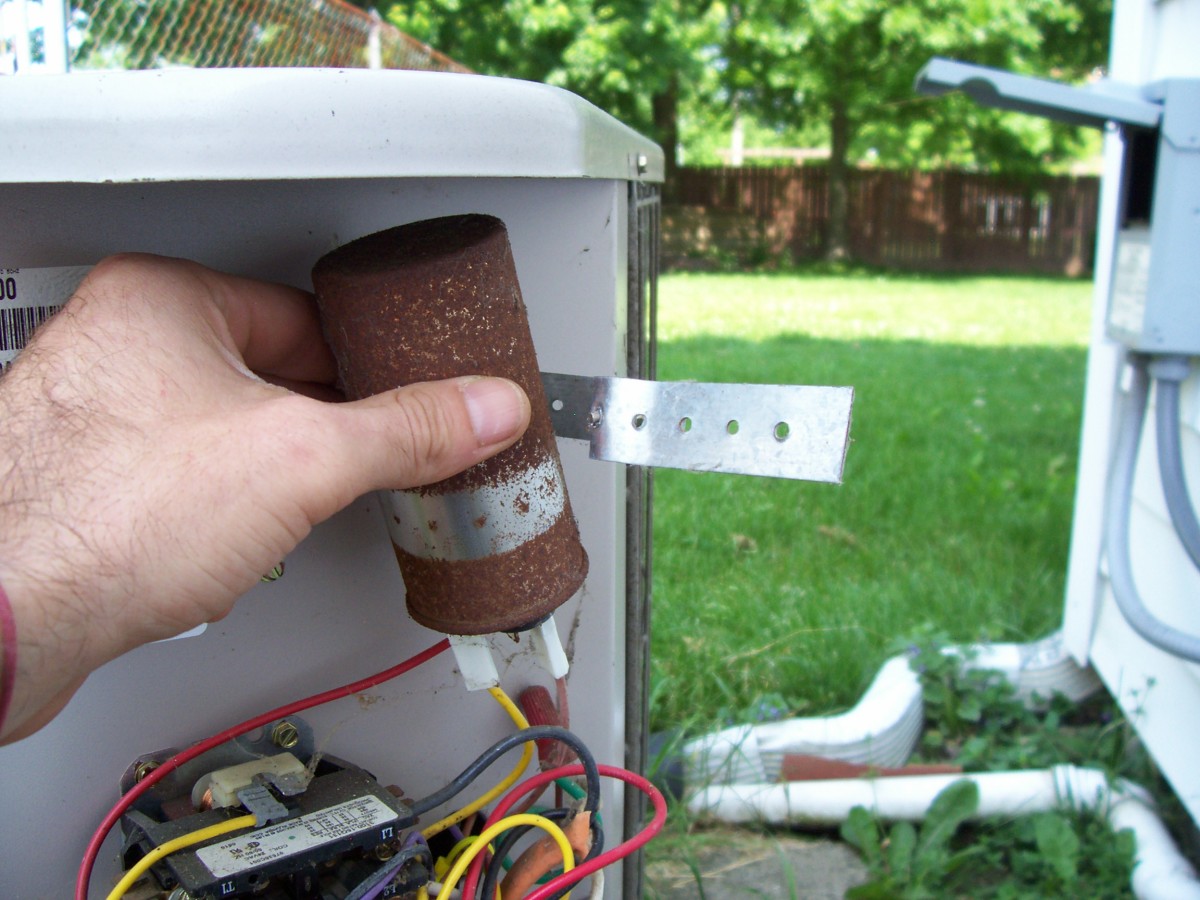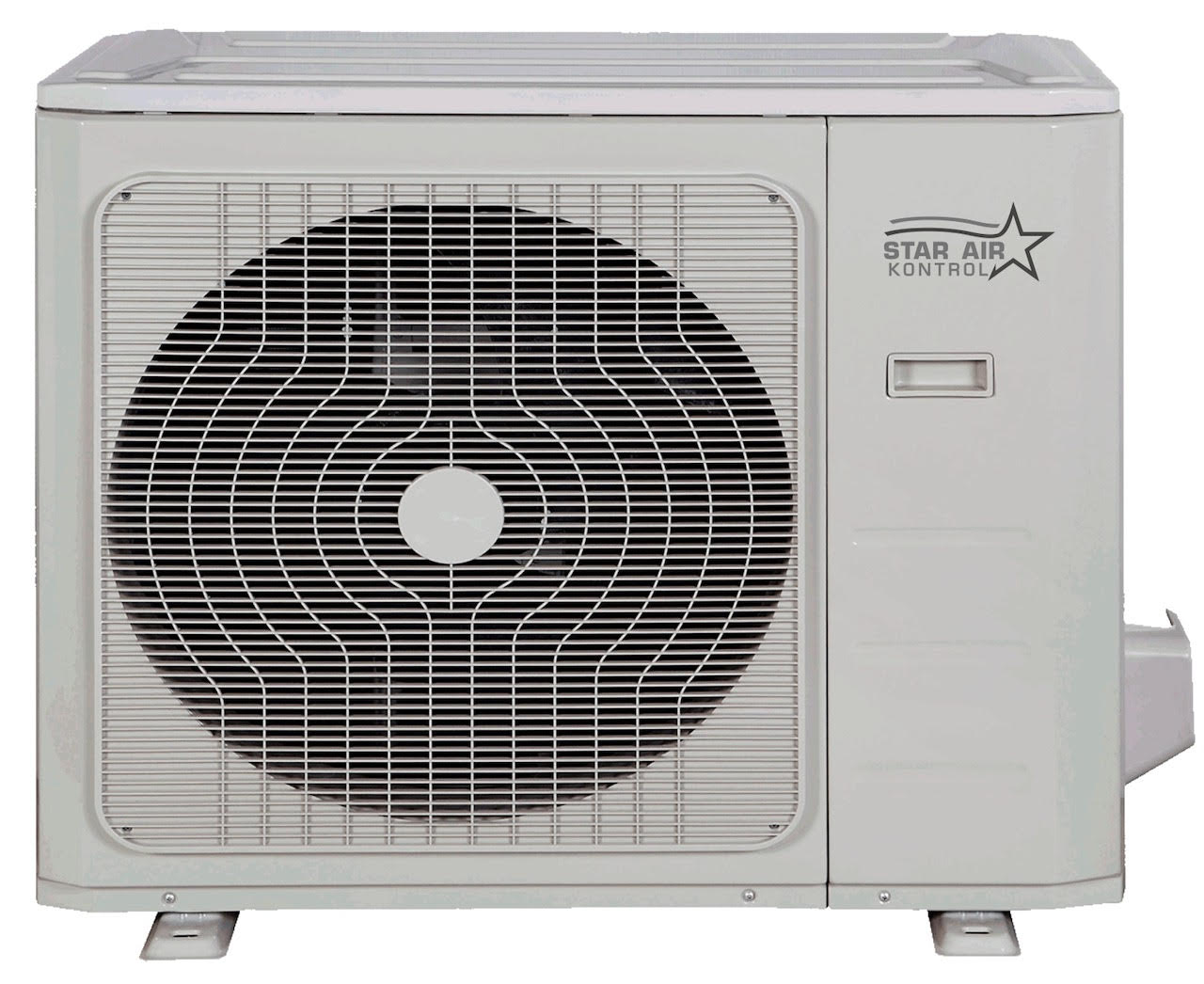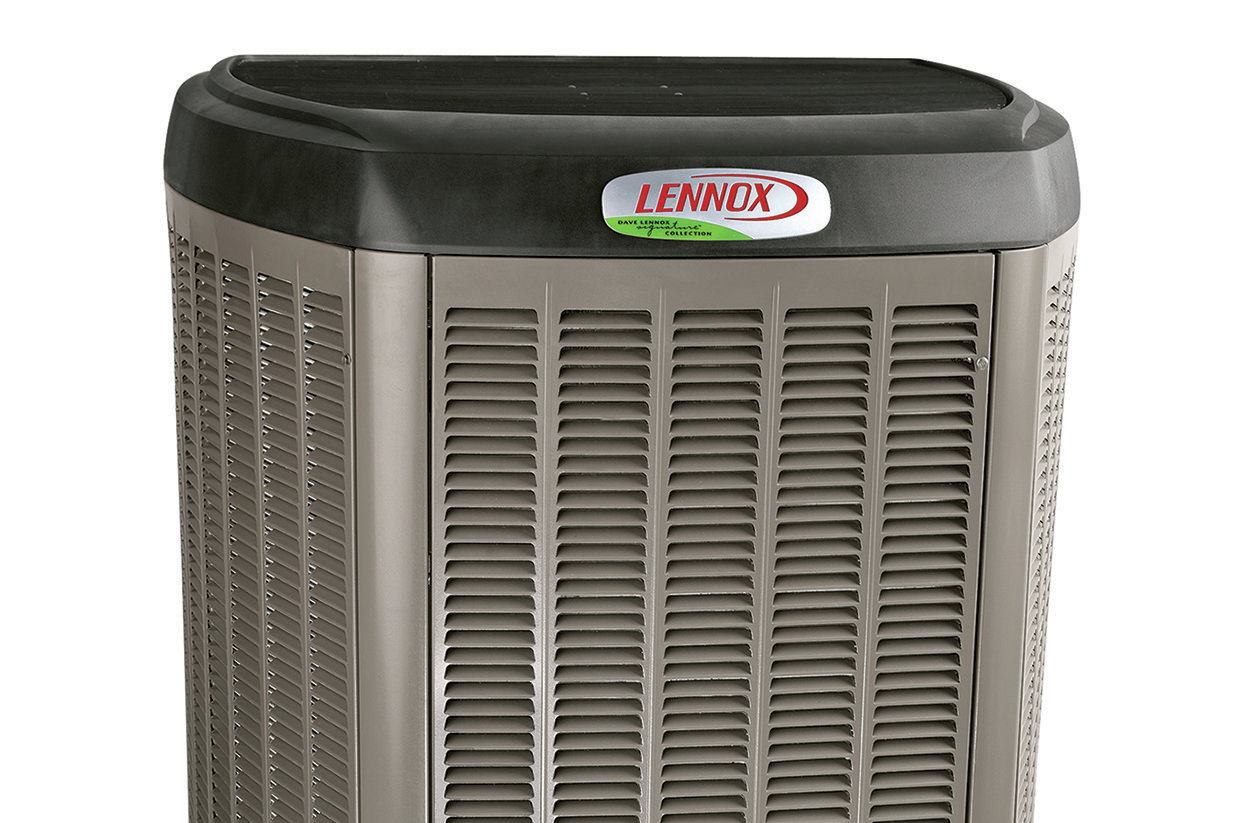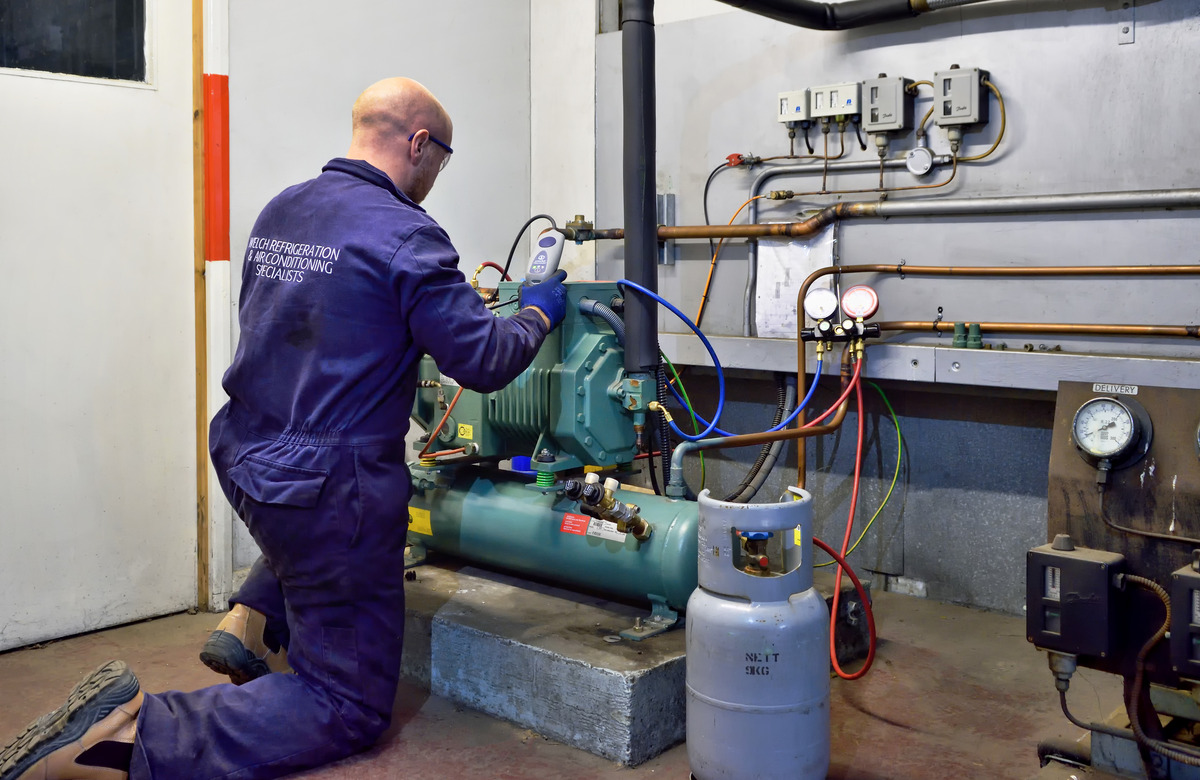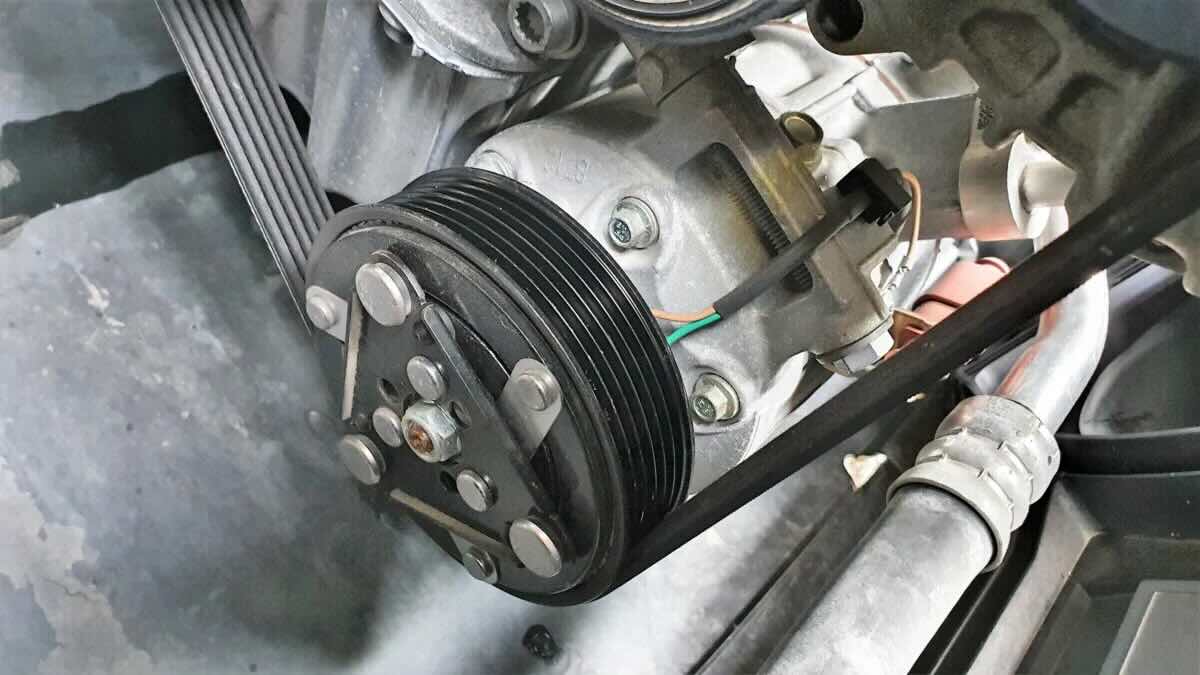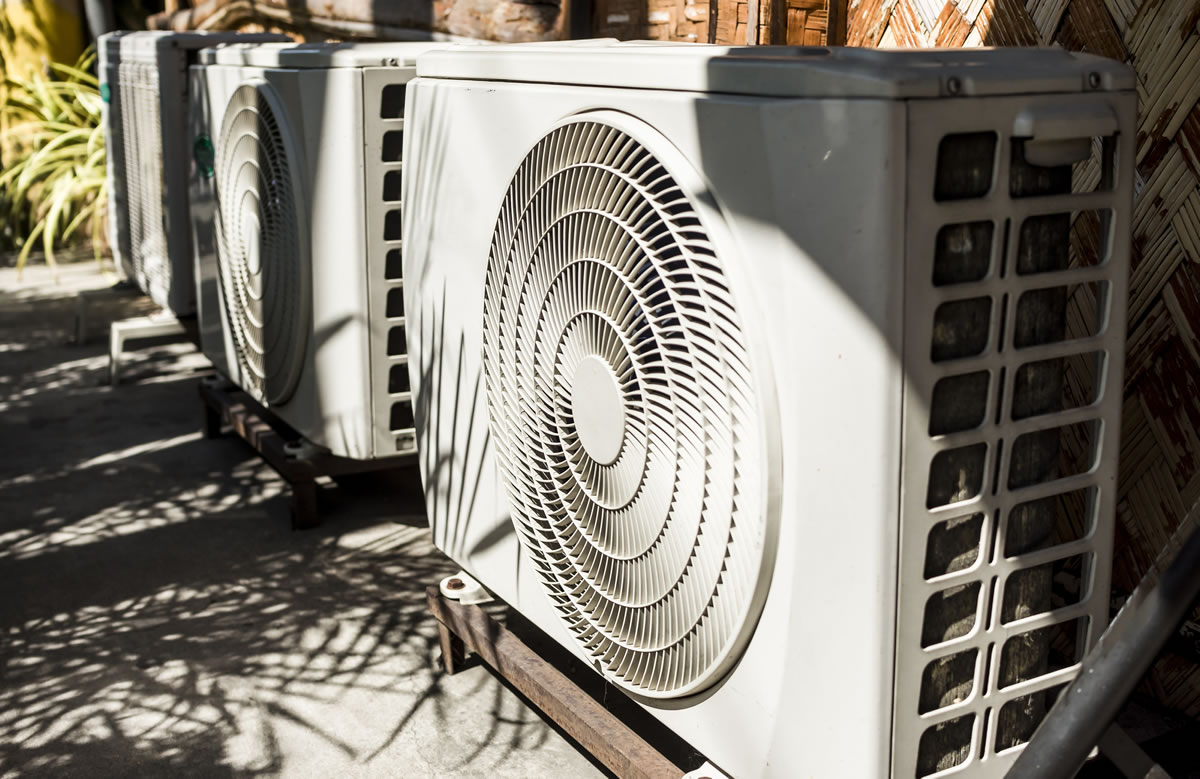Home>Home Maintenance>What Does An Air Conditioning Compressor Do
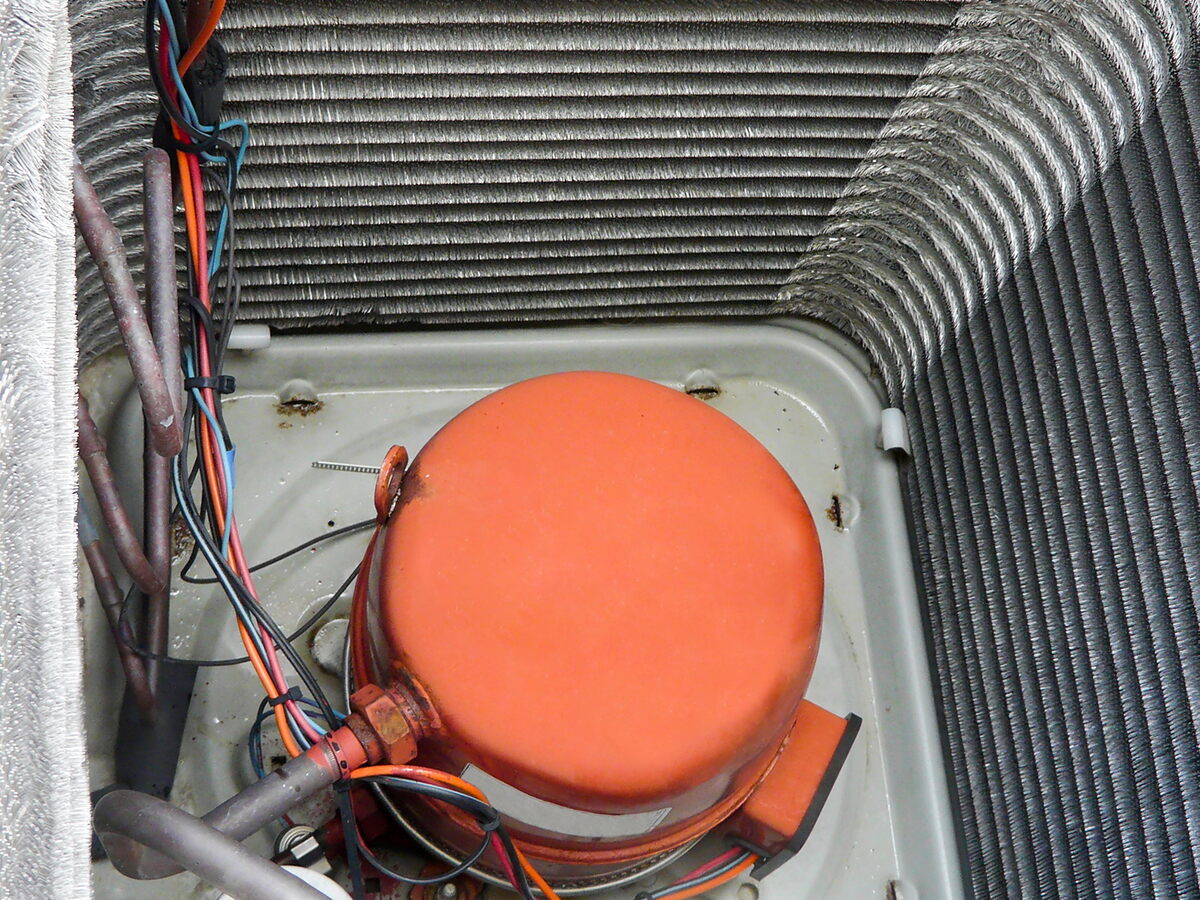

Home Maintenance
What Does An Air Conditioning Compressor Do
Modified: October 28, 2024
Discover the role of an air conditioning compressor in home maintenance and how it ensures efficient cooling. Learn more about this vital component now!
(Many of the links in this article redirect to a specific reviewed product. Your purchase of these products through affiliate links helps to generate commission for Storables.com, at no extra cost. Learn more)
Introduction
Welcome to our comprehensive guide on air conditioning compressors! If you’re a homeowner or someone interested in understanding how air conditioning systems work, you’ve come to the right place. In this article, we’ll explore the ins and outs of air conditioning compressors, including what they are, how they work, and why they are essential for keeping your home cool and comfortable.
When it comes to air conditioning, the compressor is a vital component that plays a crucial role in the cooling process. Understanding what the compressor does and how it functions can help you troubleshoot issues, perform regular maintenance, and ensure the long-term efficiency of your air conditioning system.
So, whether you’re a DIY enthusiast, a homeowner looking to learn more about your HVAC system, or simply curious about the inner workings of air conditioners, read on to discover everything you need to know about air conditioning compressors.
Key Takeaways:
- The air conditioning compressor is like the heart of your AC system, pumping and pressurizing refrigerant to keep your home cool and comfortable. Regular maintenance is key to its longevity and efficiency.
- Understanding the signs of a faulty compressor, such as warm air, unusual noises, or frequent breakdowns, can help you catch issues early and avoid costly repairs. Regular maintenance and professional inspections are crucial for keeping your compressor in top condition.
Read more: What Does An Air Conditioner Compressor Do
Overview of an Air Conditioning System
An air conditioning system is designed to regulate and maintain a comfortable indoor climate by removing heat and humidity from the air. It consists of several key components, all working together to provide cool and conditioned air throughout your home.
The main parts of an air conditioning system include the compressor, condenser, evaporator, expansion valve, and refrigerant. Each component has a specific function in the cooling process, with the compressor being one of the most crucial.
The air conditioning system works by extracting warm air from your home and transferring it outside. The process begins with the compressor, which plays the role of “pumping” the refrigerant, a special chemical compound, through the system. The compressor helps increase the pressure and temperature of the refrigerant, setting it up for the cooling process.
Once the refrigerant leaves the compressor, it enters the condenser, where it is exposed to outside air. The condenser releases heat from the refrigerant, causing it to transition from a gas to a liquid state. This cooled liquid then flows into the evaporator, located inside your home.
As the refrigerant enters the evaporator, it passes through a series of coils. The warm air from your living space is blown over these coils, causing the refrigerant to absorb heat and evaporate into a gas once again. The result is cool air that is distributed throughout your home via the air conditioning vents.
Throughout this process, the expansion valve helps regulate the flow of refrigerant, ensuring efficient cooling. The refrigerant continuously cycles through the system, absorbing heat from the indoor air and releasing it outside, providing a constant stream of cool air.
Understanding the basic functioning of an air conditioning system sets the stage for comprehending the role of the air conditioning compressor, which we will dive into in the next section.
What is an Air Conditioning Compressor?
An air conditioning compressor is a vital component of an air conditioning system that plays a key role in the cooling process. Essentially, it is the heart of the system, responsible for circulating and compressing the refrigerant to facilitate the transfer of heat from your home to the outdoors.
The compressor is typically located in the outdoor unit of your air conditioner and is powered by an electric motor. Its main purpose is to pressurize the refrigerant, raising its temperature and energy level to prepare it for the heat exchange process.
The air conditioning compressor operates on a simple principle called “compression refrigeration.” This process starts with low-pressure, low-temperature refrigerant gas entering the compressor, where it is compressed. As a result, the temperature and pressure of the refrigerant increase significantly.
This compressed and high-temperature refrigerant gas then moves to the condenser, where it releases heat to the outside environment, causing the refrigerant to condense into a liquid state. This liquid then flows into the evaporator, where it expands, absorbs heat from indoor air, and cools it down.
In simpler terms, the air conditioning compressor’s primary function is to compress the refrigerant, creating the pressure required for the cooling process. By increasing the pressure, the compressor helps the refrigerant release heat effectively, ensuring that the cooling cycle operates efficiently.
It’s important to note that the compressor needs to be properly matched with the air conditioning system to ensure optimal performance. Different air conditioning units require different compressor sizes to meet the cooling demands of the space. Choosing the right size and type of compressor for your air conditioner is crucial in maintaining energy efficiency and overall system reliability.
Overall, the air conditioning compressor is an essential component of your air conditioning system, responsible for pressurizing and circulating the refrigerant to remove heat from your home and provide a comfortable indoor environment.
How Does an Air Conditioning Compressor Work?
The operation of an air conditioning compressor can be simplified into four main steps: suction, compression, discharge, and cooling. Understanding these steps will give you a clear picture of how the compressor functions in the broader context of the air conditioning system.
1. Suction: The process begins with the suction phase. The compressor draws low-pressure, low-temperature refrigerant gas from the evaporator coil. This gas is then trapped in the compressor’s cylinder.
2. Compression: Once inside the cylinder, the gas is compressed by the piston. As the piston moves upward, the volume of the cylinder decreases, causing the gas to be compressed. This compression process increases the pressure and temperature of the refrigerant.
3. Discharge: As the compression completes, the compressed refrigerant gas is discharged from the compressor and sent to the condenser. At this point, the refrigerant is at a high temperature and pressure, ready to release heat to the outdoor environment.
4. Cooling: In the condenser, the high-temperature refrigerant gas is cooled down and condensed into a liquid state. This heat exchange process occurs as the refrigerant releases heat to the outside air. As a result, the refrigerant’s temperature decreases, and it transitions from a gas to a liquid.
It’s worth noting that the compressor continuously repeats these four steps to maintain a constant cycle of cooling. As the cooled liquid refrigerant flows back to the evaporator, the expansion valve restricts its flow and lowers its pressure, preparing it for the evaporation process to absorb heat from the indoor air once again.
The air conditioning compressor utilizes various mechanical components, such as a piston or rotating scroll, to compress the refrigerant gas. It is powered by an electric motor that drives the mechanical components, allowing them to compress and pump the refrigerant through the system. The precise design and operation of the compressor depend on the specific type and model of the air conditioning system.
Overall, the air conditioning compressor is responsible for compressing the refrigerant gas to increase its pressure and temperature, enabling the cooling cycle of the air conditioning system. Without the compressor, the heat exchange process necessary for cooling would not be possible.
Importance of the Air Conditioning Compressor
The air conditioning compressor is a critical component of an air conditioning system, and its importance cannot be overstated. Here are some key reasons why the compressor is vital for the overall performance and efficiency of your air conditioner:
1. Heat Transfer: The compressor plays a crucial role in the heat transfer process of your air conditioning system. It compresses the refrigerant gas, which increases its pressure and temperature, allowing efficient heat exchange to occur. Without the compressor, the refrigerant would not undergo the necessary transformation to remove heat from your home.
2. Cooling Capacity: The compressor determines the cooling capacity of your air conditioning system. Its ability to compress the refrigerant sets the stage for efficient cooling. A properly functioning compressor will maximize the cooling efficiency, ensuring that your home stays cool and comfortable even during the hottest summer months.
3. Energy Efficiency: An air conditioning compressor that operates efficiently can greatly impact the energy consumption of your system. When the compressor is working optimally, it requires less energy to compress the refrigerant, resulting in lower energy usage. This not only helps you save on utility bills but also reduces the environmental impact of your air conditioner.
4. System Longevity: The compressor’s proper operation is vital for the overall lifespan of your air conditioning system. When the compressor is well-maintained and functioning smoothly, it reduces the strain on other components, such as the condenser and evaporator. This diminishes the likelihood of premature component failure and extends the overall lifespan of your system.
5. Comfort and Air Quality: A well-functioning compressor ensures consistent and effective cooling, leading to enhanced comfort in your home. It helps maintain a steady temperature and humidity level, creating a pleasant indoor environment. Additionally, by effectively removing heat and moisture, the compressor contributes to improved air quality by reducing the potential for mold and mildew growth.
Overall, the air conditioning compressor is essential for the proper functioning of your air conditioning system. Its role in heat transfer, cooling capacity, energy efficiency, system longevity, and indoor comfort cannot be overstated. Regular maintenance and attention to the compressor will ensure the optimal performance and longevity of your air conditioner.
The air conditioning compressor is responsible for circulating refrigerant through the system, which allows it to absorb heat from inside the space and release it outside, cooling the air in the process. Regular maintenance and cleaning of the compressor can help ensure efficient operation and extend its lifespan.
Common Problems with Air Conditioning Compressors
While air conditioning compressors are designed to be durable and reliable, they can encounter issues over time. Identifying and addressing these problems early is crucial to prevent further damage and ensure the proper functioning of your air conditioning system. Here are some of the most common problems you may encounter with air conditioning compressors:
- Compressor Failure: Compressor failure is a significant and costly issue. It can occur due to factors such as electrical problems, refrigerant leaks, or overheating. A failed compressor will require professional repair or replacement.
- Refrigerant Leaks: Refrigerant leaks can cause a decrease in cooling capacity and efficiency. Signs of a refrigerant leak include decreased cooling performance, hissing sounds, or oil stains around the compressor. If you suspect a refrigerant leak, contact a professional HVAC technician to diagnose and fix the issue.
- Electrical Problems: Electrical issues can affect the operation of the air conditioning compressor. Faulty wiring, capacitors, or contactors can cause the compressor to malfunction or fail to start. It is important to have an electrician or HVAC technician address any electrical problems to prevent further damage.
- Overheating: Air conditioning compressors can overheat due to various reasons, such as insufficient lubrication, dirty condenser coils, or restricted airflow. Overheating can lead to compressor damage and system failure. Regular maintenance, including cleaning the condenser coils and ensuring proper airflow, can help prevent overheating.
- Noise and Vibrations: Unusual noises or excessive vibrations coming from the air conditioning compressor may indicate loose components, faulty mounts, or compressor damage. These issues should be addressed promptly to prevent further damage to the compressor.
- Short Cycling: Short cycling occurs when the air conditioner turns on and off frequently, putting a strain on the compressor. This can be caused by issues with the thermostat, inadequate airflow, or refrigerant problems. Proper diagnosis and repair are necessary to resolve short cycling and protect the compressor.
- Dirty or Clogged Components: Accumulation of dirt, dust, and debris on the compressor, condenser coils, and other system components can impede airflow and affect the compressor’s performance. Regular maintenance, including cleaning or replacing air filters and performing routine system cleaning, is essential to prevent damage caused by dirty or clogged components.
If you notice any of these issues or experience a decline in cooling performance, it’s best to contact a professional HVAC technician to assess the problem and provide appropriate repairs. Remember that regular maintenance, including professional inspections, can help identify and address potential compressor problems before they escalate.
Signs of a Faulty Air Conditioning Compressor
An air conditioning compressor is a critical component of your cooling system. When it starts to malfunction or fails, it can have a significant impact on the overall performance and efficiency of your air conditioner. Being able to recognize the signs of a faulty compressor can help you identify the problem early and seek professional assistance. Here are some common signs that indicate a faulty air conditioning compressor:
- Lack of Cooling: If you notice that your air conditioner is blowing warm or slightly cool air instead of cold air, it may be a sign of compressor trouble. The compressor is responsible for generating the refrigerant’s high pressure, which enables efficient heat exchange and cooling. A faulty compressor may struggle to maintain the proper pressure, resulting in reduced cooling performance.
- Frequent Breakdowns: If your air conditioning system experiences frequent breakdowns or requires constant repairs, it could be a sign of compressor issues. A compressor that is failing or malfunctioning may cause the system to shut down or go into various protective modes, leading to repeated breakdowns.
- Loud or Unusual Noises: Any unusual noises coming from your air conditioner should not be ignored. If you hear grinding, rattling, or screeching sounds, it could indicate compressor problems. These noises may be caused by loose parts, damaged components, or internal compressor issues. Prompt attention is necessary to prevent further damage and potential compressor failure.
- Compressor Does Not Start: When you turn on your air conditioner, if you notice that the compressor does not start or struggles to kick in, it could be a warning sign of compressor failure. Faulty electrical connections, capacitor issues, or compressor motor problems can prevent the compressor from starting properly.
- Tripped Circuit Breaker: If your air conditioner frequently trips the circuit breaker, it may be due to compressor problems. An overloaded or malfunctioning compressor can cause excessive electrical current, leading to a tripped breaker as a safety measure to prevent electrical damage.
- Visible Refrigerant Leaks: If you see refrigerant leaking around the compressor or notice oil stains near the unit, it indicates a refrigerant leak and possible compressor damage. Refrigerant leaks not only compromise the cooling efficiency but can also cause long-term damage to the compressor if left unaddressed.
- Increased Energy Bills: A faulty compressor puts a strain on the entire air conditioning system, causing it to work harder and consume more energy. If you notice a significant increase in your energy bills without a corresponding change in usage, it could be a sign of a compressor problem.
If you observe any of these signs, it’s crucial to consult a professional HVAC technician to diagnose the issue and provide appropriate repairs or replacements. Remember that early detection and intervention can help prevent further damage and extend the life of your air conditioning system.
Tips for Maintaining and Extending the Life of an Air Conditioning Compressor
Proper maintenance is essential for ensuring the longevity and optimal performance of your air conditioning compressor. By following these tips, you can effectively maintain your compressor and extend its lifespan:
- Regular Filter Cleaning or Replacement: Clogged or dirty air filters restrict airflow, causing the compressor to work harder and potentially overheat. Clean or replace the air filters every one to three months, depending on usage, to ensure proper airflow and reduce strain on the compressor.
- Clean the Condenser Coils: Over time, condenser coils can accumulate dirt, dust, and debris, hindering the heat exchange process and affecting the compressor’s efficiency. Schedule regular professional maintenance, including coil cleaning, to remove any buildup and optimize cooling performance.
- Ensure Proper Airflow: Clear any obstructions around the outdoor unit, such as vegetation, debris, or furniture. Proper airflow is crucial for the compressor’s cooling process. Keep a clear space of at least two feet around the unit to maximize airflow and prevent overheating.
- Address Refrigerant Leaks: If you suspect a refrigerant leak, contact a professional HVAC technician to locate and fix the leak. Low refrigerant levels can strain the compressor and lead to inadequate cooling. Regularly check refrigerant levels and repair any leaks promptly.
- Schedule Professional Maintenance: Annual or bi-annual maintenance by a qualified HVAC technician is crucial for ensuring optimal compressor performance. Professional inspections can identify and address potential issues before they escalate, extending the life of your compressor and preventing costly repairs.
- Monitor and Regulate Thermostat Settings: Avoid extreme temperature settings, as they can put unnecessary strain on the compressor. Maintain a consistent temperature and use programmable thermostats to regulate cooling cycles efficiently.
- Avoid Overworking the System: Excessive demand on your air conditioning system, such as running it continuously at high settings, can lead to compressor strain and premature failure. Set reasonable temperature levels and use energy-saving features to avoid overworking the system.
- Protect the Outdoor Unit: To shield the compressor from harsh weather conditions and debris, consider installing a protective cover or housing around the outdoor unit. However, ensure that airflow is not restricted, and regularly clean the cover to prevent buildup.
- Follow Manufacturer’s Guidelines: Refer to the manufacturer’s guidelines and recommendations for maintenance and operation of your specific air conditioning system. Adhering to the guidelines ensures that you are taking the necessary steps to maintain the compressor and optimize its lifespan.
Remember, a well-maintained air conditioning compressor not only promotes efficient cooling but also saves energy and reduces the risk of costly repairs. By incorporating these maintenance tips into your routine, you can extend the life of your compressor and enjoy reliable and consistent cooling for years to come.
Conclusion
The air conditioning compressor is a vital component of your air conditioning system, responsible for pressurizing and circulating the refrigerant to remove heat from your home. Understanding how the compressor works and recognizing signs of potential issues can help you maintain and extend its lifespan, ensuring optimal cooling performance.
Regular maintenance, such as cleaning or replacing air filters, cleaning condenser coils, and ensuring proper airflow, is essential to keep the compressor functioning efficiently. Addressing refrigerant leaks and scheduling professional maintenance can also prevent further damage to the compressor and the overall system.
By following the recommended maintenance tips, you can improve energy efficiency, prolong the life of your air conditioning compressor, and enjoy consistent and comfortable indoor temperatures. Remember to consult a professional HVAC technician if you notice any signs of compressor malfunction, such as reduced cooling, unusual noises, or frequent breakdowns.
Investing in the care and maintenance of your air conditioning compressor will not only save you money on energy bills but also enhance your overall comfort and indoor air quality. Keep your compressor in optimal condition, and you can rely on your air conditioning system to provide cool and refreshing air for years to come.
Frequently Asked Questions about What Does An Air Conditioning Compressor Do
Was this page helpful?
At Storables.com, we guarantee accurate and reliable information. Our content, validated by Expert Board Contributors, is crafted following stringent Editorial Policies. We're committed to providing you with well-researched, expert-backed insights for all your informational needs.
